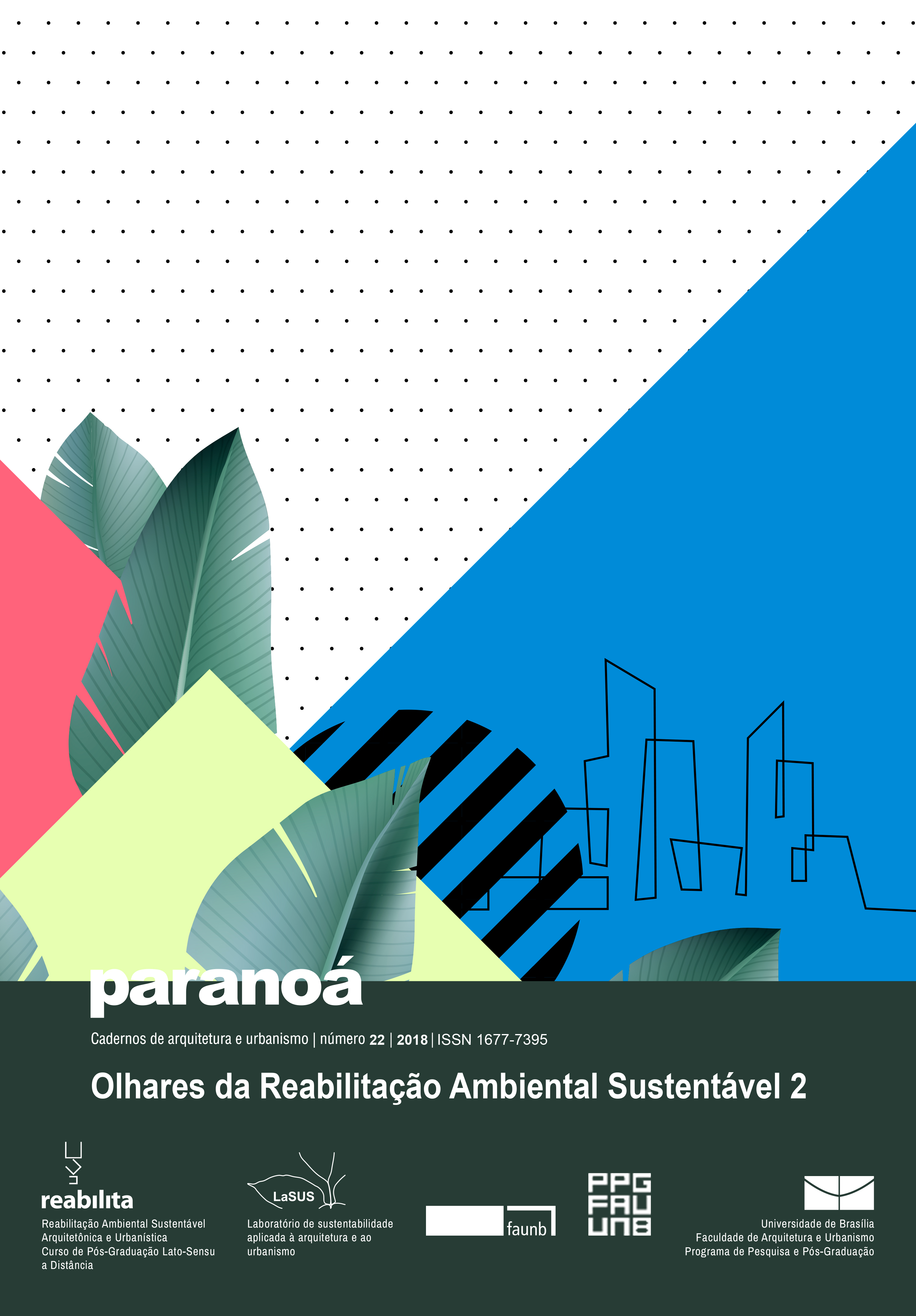As intervenções contemporâneas em bens culturais patrimonializados. O caso de Portugal.
DOI:
https://doi.org/10.18830/issn.1679-0944.n22.2018.13Keywords:
Contemporany Interventations, Cultural HeritageAbstract
This article instigates to reflect upon contemporary interventions in cultural goods with a heritage status. If in Brazil, some resistance can be found in accepting these interventions, in other places it is possible to find examples that are worth of consideration. Internationally, Portugal reveals itself as a potential subject of study. In which way the Portuguese have been achieving the recognized quality in their contemporary heritage interventions in cultural goods? Have the interventions contributed to its sustainability? To answer these questions, the article is divided in introduction, theoretical framework, case studies and conclusion. In the theoretical framework, the terms “culture” and “heritage” are explored altogether with the exploration of the theory “The Modern Cult of Monuments” by Alois Riegl. The concepts and theory are then reworked and contextualised in the case studies, all of them located in the city of Porto, Portugal. The first considers the urban scale and analyses the intervention done in the Ribeira, alongside the river D’ouro banks. The second, works between the urban and the built heritage, studying Lisboa Square, located in the immediate surroundings of Cléricos’ Church. Finally, the third case study explores the new building of the Serralves Foundation, an intervention distant from the city, but by the garden and museum-residence. In the end, the conclusions point to the fact that the Portuguese have been achieving high quality in their contemporary interventions, always adding new values to the spaces or buildings that already have heritage status, the port, the church and the Serralves Foundation.
Downloads
Downloads
Published
How to Cite
Issue
Section
License
Autores que publicam nesta revista concordam com os seguintes termos:
- Autores mantém os direitos autorais e concedem à revista o direito de primeira publicação, com o trabalho simultaneamente licenciado sob a Licença Creative Commons Attribution que permite o compartilhamento do trabalho com reconhecimento da autoria e publicação inicial nesta revista. http://creativecommons.org/licenses/by/4.0
- Autores têm autorização para assumir contratos adicionais separadamente, para distribuição não-exclusiva da versão do trabalho publicada nesta revista (ex.: publicar em repositório institucional ou como capítulo de livro), com reconhecimento de autoria e publicação inicial nesta revista.
- Autores têm permissão e são estimulados a publicar e distribuir seu trabalho online (ex.: em repositórios institucionais ou na sua página pessoal) a qualquer ponto antes ou durante o processo editorial, já que isso pode gerar alterações produtivas, bem como aumentar o impacto e a citação do trabalho publicado (Veja O Efeito do Acesso Livre).















